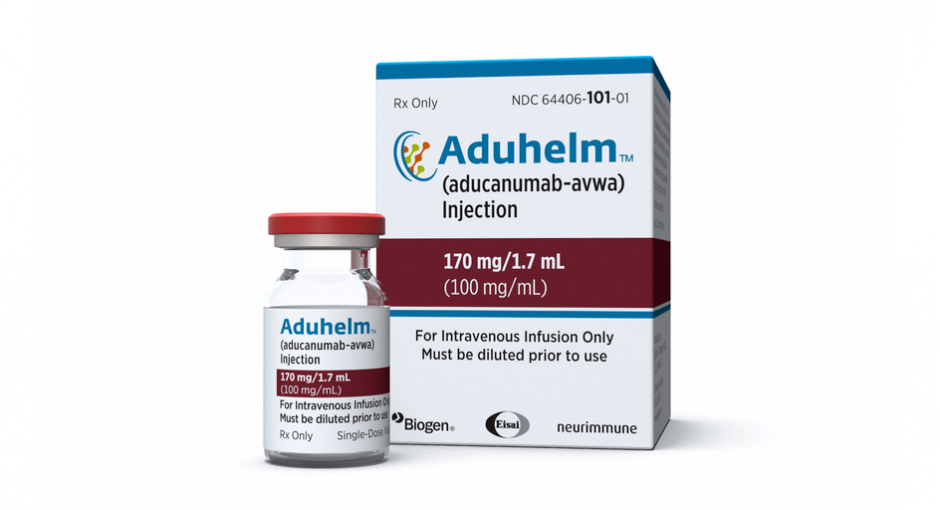Medicare likely would pay 340B hospitals 106% of the average sales price (ASP) for Aduhelm—Biogen’s high-cost biologic drug for early-stage Alzheimer’s disease—for the first two or three years it is on the market, not the ASP minus 22.5% 340B hospital payment rate for most Part B drugs, congressional Medicare advisers say.
The Medicare Payment Advisory Commission (MedPAC) made that observation in its March 2022 report to Congress this week Tuesday. It was buried in a discussion about how Aduhelm “exemplifies the challenges Medicare faces” with expensive new drugs and biologics with high launch prices.
Depending on Aduhelm’s ultimate price and the number of patients ultimately eligible for Medicare-reimbursed treatment, an ASP plus 6% payment rate on Aduhelm could give 340B hospitals a welcome but short-term revenue boost.
The U.S. Food and Drug Administration (FDA) approved Aduhelm for the treatment of Alzheimer’s in June 2021 despite “limited, conflicting data on its clinical effectiveness,” MedPAC noted. Biogen’s initial list price was $56,000 per year per patient, and the FDA’s original approval was for broader indications than expected. With the number of Americans living with Alzheimer’s at 6 million and growing and a significant proportion of them eligible for Medicare, the cost of treating older Americans with Aduhelm could capsize Medicare, economists warned.
After months of mostly bad news coverage and commentary, Biogen in December cut Aduhelm’s cost in half, to $28,200 per patient per year. In January, the Centers for Medicare & Medicaid Services (CMS) provisionally decided that Medicare would cover people for treatment with Aduhelm only if they are enrolled in qualifying clinical trials. The FDA approved Aduhelm using its accelerated approval pathway, which lets manufacturers skip pre-approval clinical trials to speed up treatments for patients with serious or life-threatening illnesses. Some saw CMS’s announcement as being in conflict with FDA’s drug approval.
CMS has not yet made its final Medicare coverage determination for Aduhelm.
Biogen yesterday published results of a phase 3 clinical trial of Aduhelm. The company said the data showed that the drug “continued to reduce two key Alzheimer’s disease pathologies” for up to two and a half years in patients getting treatment.
UsAgainstAlzheimer’s Action—the advocacy arm of the group UsAgainstAlzheimer’s whose donors include Biogen, several other drug manufacturers, AARP, and PhRMA—launched an ad campaign on Monday asking CMS to “don’t deny FDA-approved treatments for Alzheimer’s.” The ads run in Baltimore, Md., where CMS has its headquarters, and in Washington.
A group called Alliance for Aging Research held a rally in Washington on Tuesday near the U.S. Capitol and the U.S. Health and Human Services Department headquarters building to protest CMS’s preliminary coverage decision for Aduhelm. Biogen, PhRMA, the National Pharmaceutical Council, and other drug companies fund the group.
Every year, CMS grants a small group of new, high-cost, newly approved drugs something called “pass-through status”—a higher Part B payment rate intended to encourage their use so patients can have more access to them. There are 54 drugs on the list this year. Since 2018, Part B has paid hospitals ASP minus 22.5% for 340B-purchased drugs without pass-through status. It continues to pay them ASP plus 6% for 340B-purchased drugs with pass-through status.
In its report to Congress this week, MedPAC said, “Assuming Aduhelm is granted pass-through status, as is typically the case for new separately payable drugs, 340B hospitals would be paid 106 percent of ASP for Aduhelm for the first two to three years it is on the market.”


